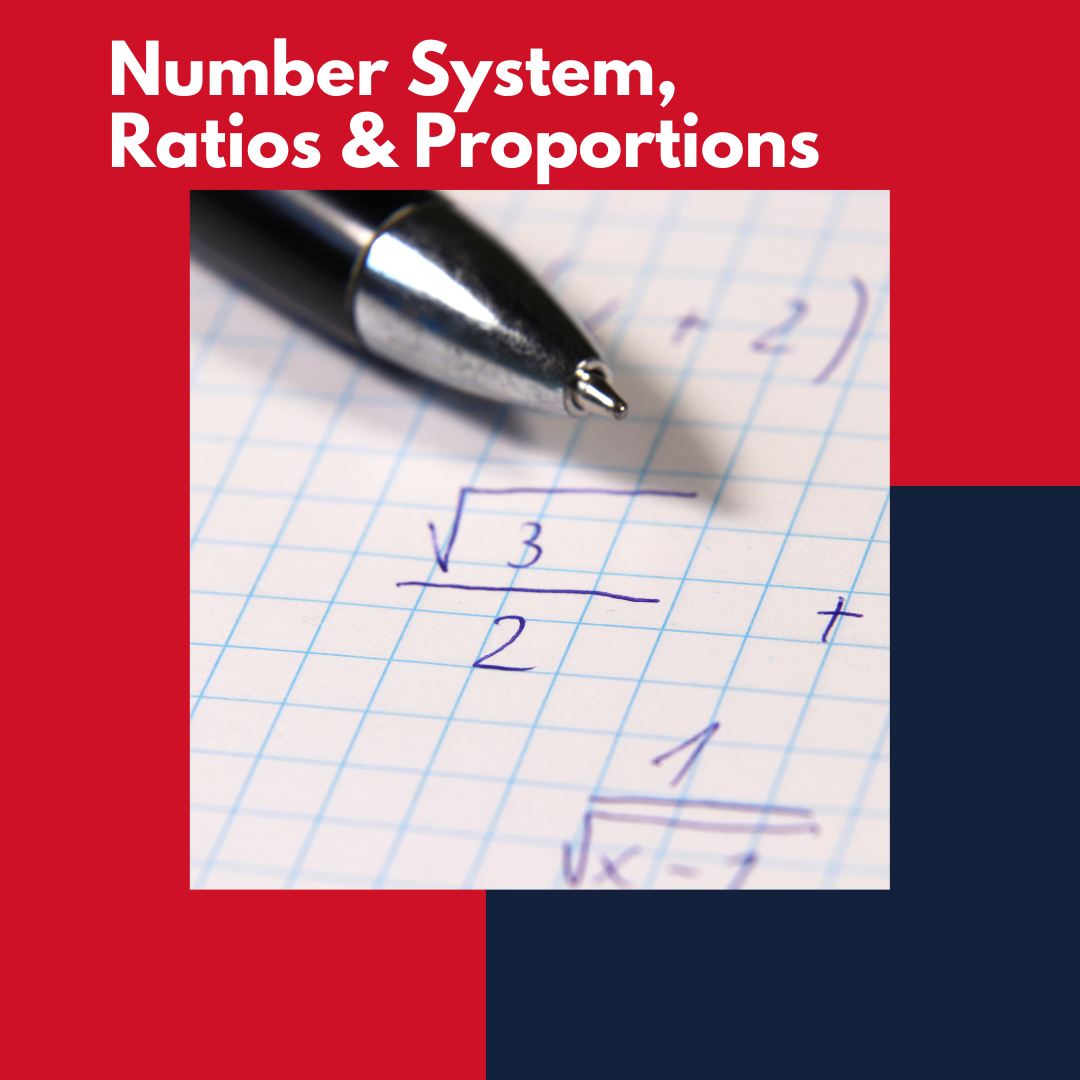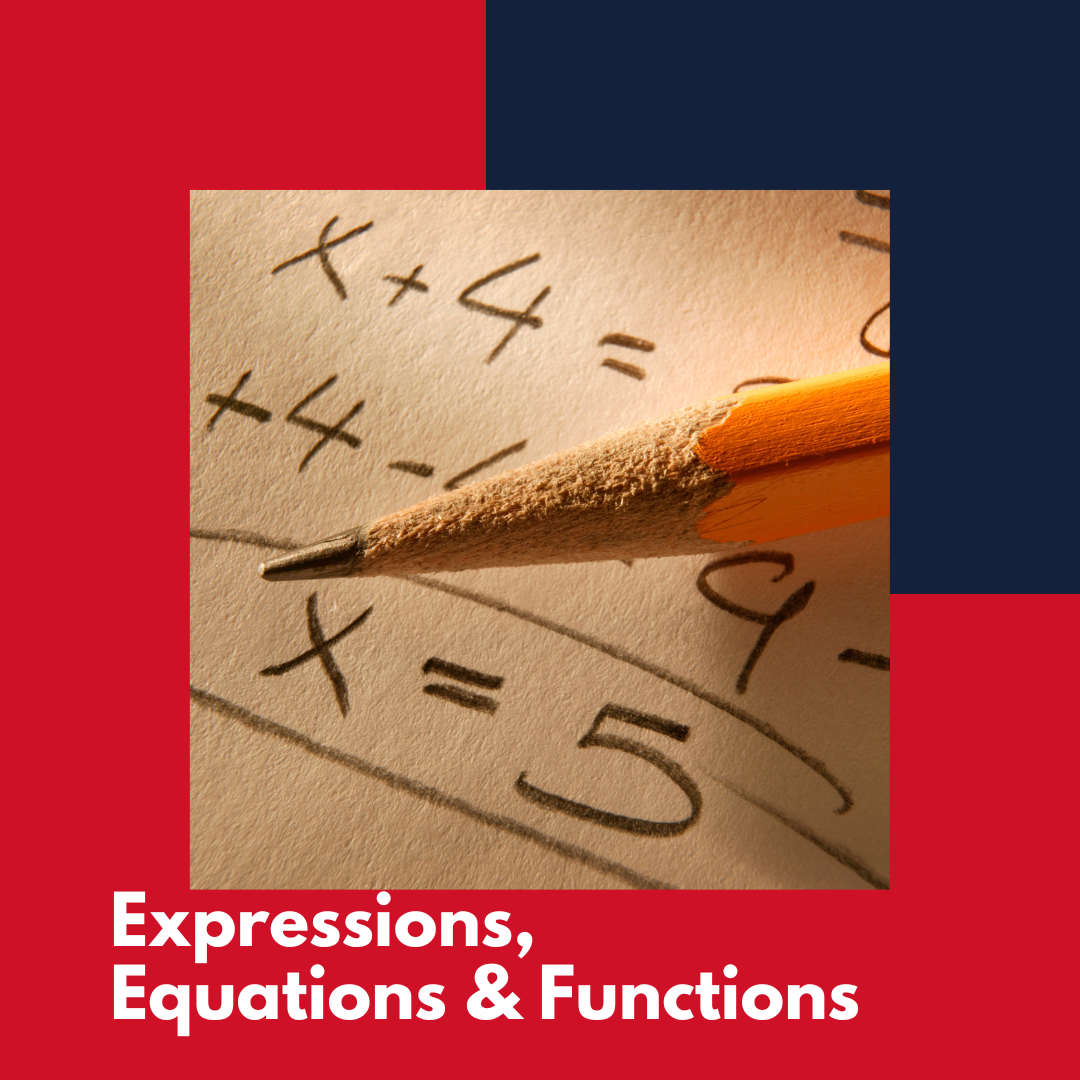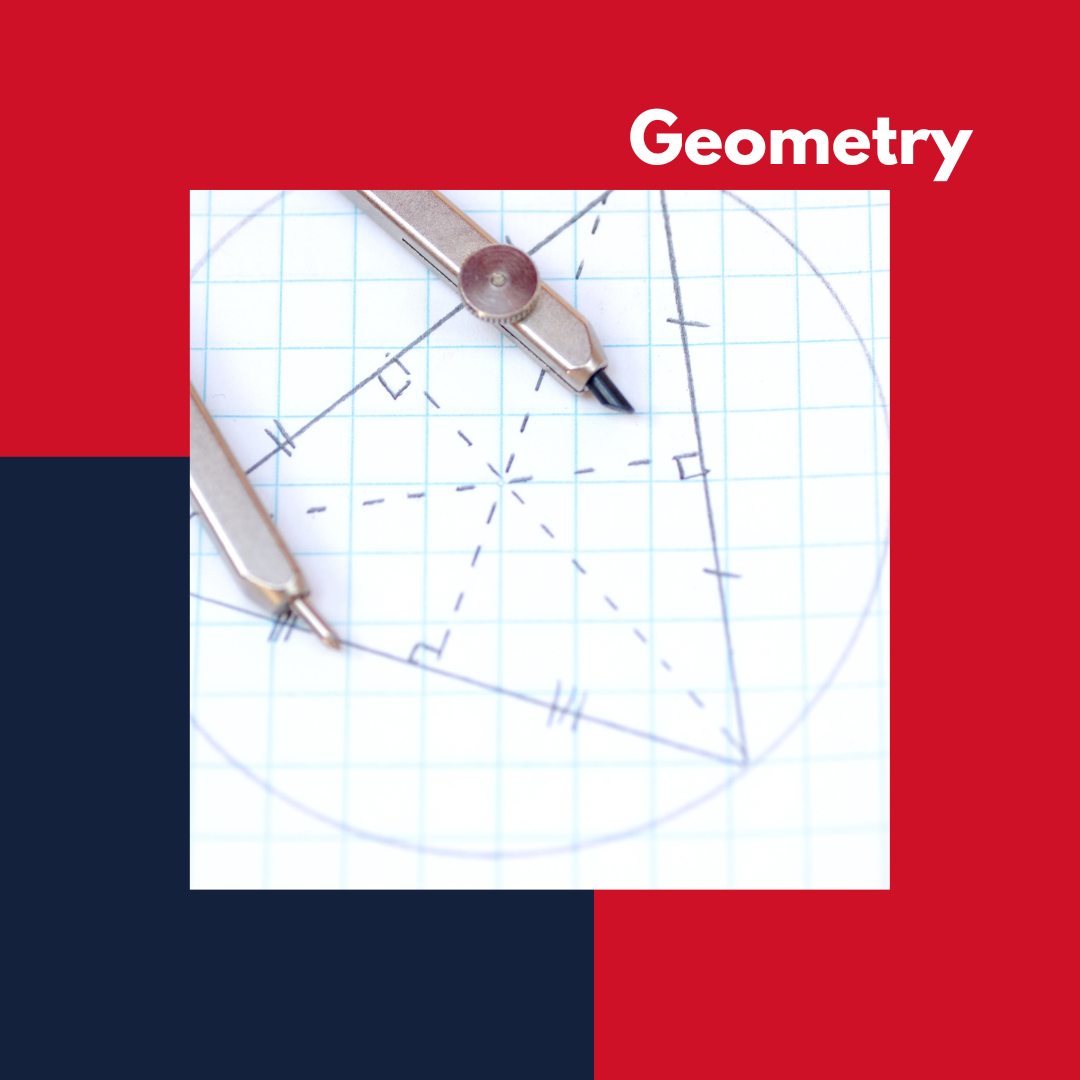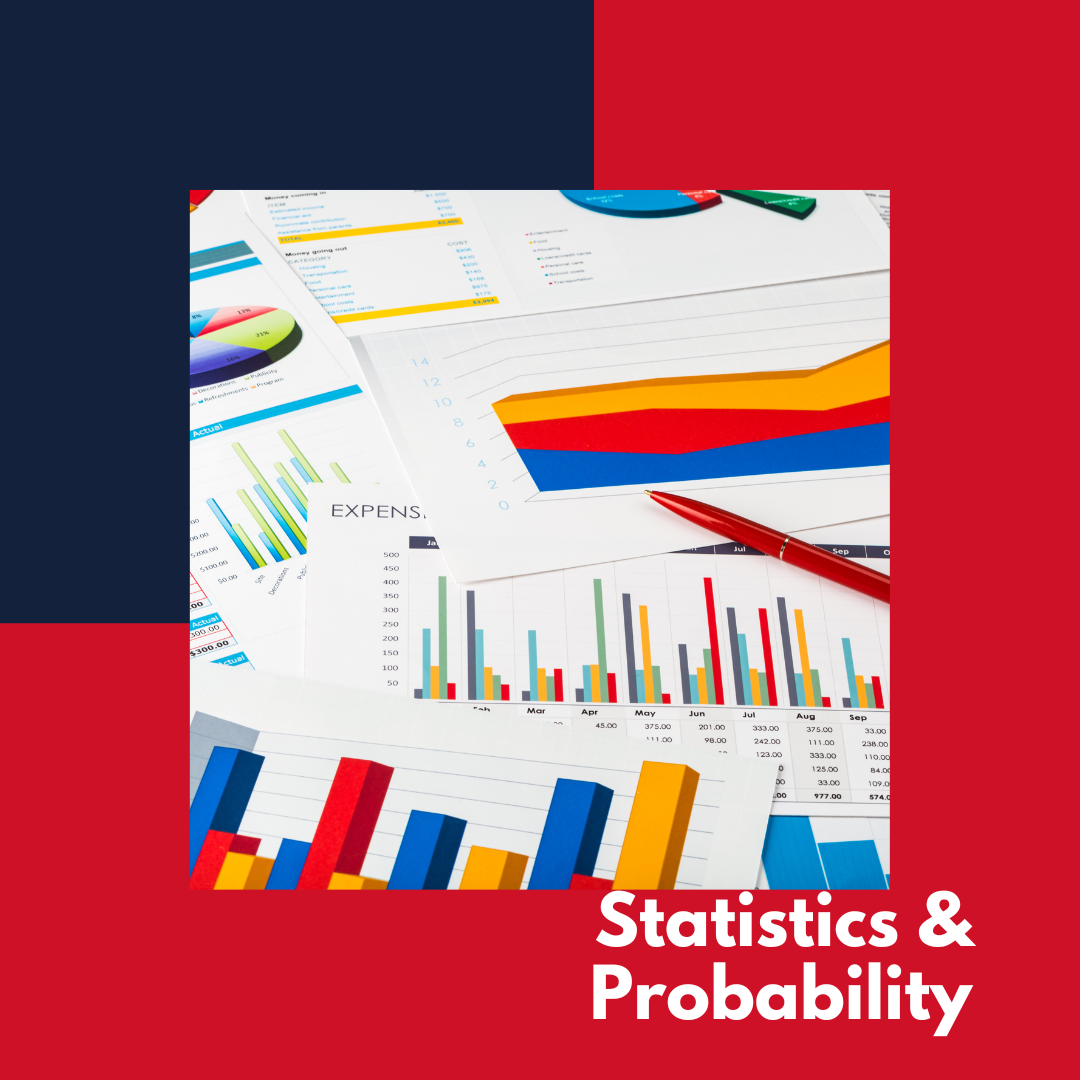CMSE Middle Math Institutes
Earn a supplemental endorsement in Middle Level Mathematics.
Teaching Math at a Higher Level
The CMSE Middle Math Institutes are designed to engage educators in dissecting, understanding, and making connections to the mathematics content taught in grades 6-8.
- Participants will gain conceptual understanding of the mathematics across all domains taught in the middle grades, learn to make connections to students’ previously learned mathematics skills, and explore strategies to effectively engage students in the mathematics learning process.
Educators will be eligible for 2.4 CEUs for each content institute.
How Many Math Institutes are There?
We offer four different Math Institutes to help you reach new heights in teach mathematics in grades 6-8.
- Number Systems, Rations, and Proportions
- Expressions, Equations, and Functions
- Geometry
- Statistics and Probability
Successful completion of all four institutes will allow Mississippi educators to apply for a Supplemental Endorsement in Middle-Level Mathematics (Endorsement Code – 901).
Middle Math Institutes Details
Each content institute is offered through online and in-person learning options. Participate in any institute to increase your content knowledge in that area or complete all four to earn the Middle Level Mathematics supplemental endorsement.
Location
Jackson Avenue Center, Classroom Q24
University of Mississippi
1111 Jackson Avenue West
Oxford, MS 38655
Daily Schedule
Check-In - 8:30 am
Daily Instruction Begins - 9:00 am
Lunch break - 12:00-1:00 pm
Dismiss - 4:00 pm
Participant Expectations
Each institute is composed of the following activities and requirements:
- Submit the content pre-assessment prior to the start of the institute.
- Attend all four days of the institute.
- Engage in daily hands-on activities and discussions.
- Complete daily independent reading & problem set assignments.
- Submit the content post-assessment at the conclusion of the institute.
Platform
Live discussions will take place via Zoom.
Independent assignments will be submitted via Canvas.
Participant Expectations
Each online institute lasts 8 weeks and is composed of the following activities and requirements:
- Submit the content pre-assessment prior to the start of the institute.
- Attend all eight virtual discussions sessions held on Tuesdays 6:00 - 7:30 pm.
- Engage in whole group and breakout room activities and discussions.
- Complete weekly independent reading & problem set assignments.
- Submit the content post-assessment at the conclusion of the institute.
Participants should expect to spend approximately 3 hours each week participating in discussions and completing assignments.
Cost
$450 for each institute, includes CEUs. The total cost to complete all four institutes is $1800.
- Payment can be made via personal check, money order, school purchase order, credit card, or debit card.
Your registration confirmation email will provide details of how to submit your payment. Payment must be received prior to the institute.
CEUs
2.4 CEUs are available upon successful completion of each institute as outlined by the participant expectations. A total of 9.6 CEUs may be earned by completing all four institutes.
- CEU credits are processed electronically by North Mississippi Education Consortium. Please allow 3-4 weeks for processing. Participants will be notified via email from NMEC once credits are available for download.
Explore Our Middle Math Institute Options

Number Systems, Ratios, & Proportions
In the middle grades, students are transitioning from a focus on computation to applying these skills to more real-world settings. Understanding our number system, the properties of rational and irrational numbers, and making connections to previously learned skills will allow teachers to develop a coherent learning experience for middle grades students.
Facilitator: Dr. Julie James, jjames1@olemiss.edu

Expressions, Equations, & Functions
In the middle grades, students are transitioning from a focus on computation to applying these skills to more real-world settings. Understanding our number system, the properties of rational and irrational numbers, and making connections to previously learned skills will allow teachers to develop a coherent learning experience for middle grades students.
Facilitator: Dr. Bethany LaValley, lavalley@olemiss.edu

Geometry
Geometry concepts and understandings become more sophisticated as students move into the middle grades. Their application of measurement to solve real-world problems becomes a focus and they are introduced to geometric structures that will become essential knowledge in later mathematics courses.
Facilitator: Dr. Julie James, jjames1@olemiss.edu

Statistics & Probability
In the middle grades, students build upon their understanding of number and begin to develop their ability to think statistically. This process includes understanding variability and making sense of and interpreting data representations. Engaging students in statistical investigations provides them with experiences with analyzing, producing, and interpreting data. Introduction to theoretical probability models and empirical probability approximation provides middle grades students with the foundation for statistical inference vital to more advanced mathematical and scientific understandings.
Facilitator: Dr. Bethany LaValley, lavalley@olemiss.edu
Frequently Asked Questions
What is the goal of the CMSE Middle Math Institutes?
The CMSE Middle Math Institutes were designed and proposed to the Mississippi Department of Education to serve as an alternative pathway to obtain a Middle Level Mathematics Endorsement (901). This pathway is available to any educator who holds a valid standard Mississippi teaching license regardless of current endorsements.
For many years, the Mississippi Department of Education issued grants to fund math and science professional development institutes through the Math Science Partnership (MSP) funding that was appropriated through the No Child Left Behind federal legislation. MSP projects throughout the state provided an opportunity for elementary and special education teachers to add supplemental endorsements in middle level mathematics or science by completing project components. These programs ended in 2018, leaving Praxis and mathematics coursework as the only pathways for educators to add a supplemental endorsement in middle level mathematics (901).
When was the CMSE Middle Math Institutes approved by the Mississippi Department of Education as an endorsement pathway?
This program was approved by the MDE Certification Commission at its meeting on May 7, 2021. It was then submitted to and approved by the Mississippi State Board of Education as an approved program that would lead to a supplemental Middle Level Mathematics Endorsement at their meeting on June 17, 2021 (Agenda Item IX.5.O.A)
How do I apply for a supplemental endorsement?
When all four courses have been successfully completed, participants will receive a certificate of completion. Participants should apply for the endorsement through their MECCA account which can be accessed through the Mississippi Department of Education website.
Can I earn CEUs and receive the endorsement?
Participants will be eligible to receive 2.4 CEUs at the completion of each content institute. If all four institutes are completed, the participant may earn a total of 9.6 CEUs and be eligible to apply for a supplemental Middle Level Mathematics Endorsement (901).
What middle school courses can be taught with the Middle Level Mathematics Endorsement?
The Middle Level Mathematics Endorsement (901) will allow an educator to teach 6th, 7th, and 8th grade mathematics. The specific middle school courses that can be taught with the Middle Level Mathematics Endorsement (901) include:
- Mathematics Grade 6
- Course 270101: CCR Math Grade 7
- Course 270710: CCR Compacted Math Grade 7
- Course 270720: CCR Math Grade 8
Eighth grade compacted math (Course 270721) and Algebra I (Course 270404) are NOT included in the list of courses that can be taught with a Middle Level Mathematics Endorsement (901). More information about endorsements needed to teach specific courses can be found on the MDE webpage: Approved Courses for the Secondary Schools of Mississippi
Do I have to take all of the institutes consecutively to receive the endorsement? Can I take a combination of online and in-person institutes?
Each course is designed as a stand-alone institute, and the content is comparable across both instructional platforms (online and in-person). Therefore, participants may complete the institutes in any order and through either virtual or in-person modalities. For example, a teacher may choose to complete one virtual institute each semester during the academic year and then take the remaining two institutes in-person during the summer.
Who is eligible to receive the endorsement?
This pathway is available to any educator who holds a valid standard Mississippi teaching license regardless of current endorsements. Any currently licensed educator may participate in the institutes.
Teachers who are interested in adding on the supplemental endorsement for middle grades mathematics must complete all four content institutes to be eligible for the endorsement. Current middle grade mathematics teachers may choose to participate in one or more institutes to deepen their knowledge of specific middle grades mathematics content.
How often will each institute be offered?
Each institute will be offered on a recurring basis as outlined below:
- Online Institute Schedule
- Number System, Ratios, & Proportions (Fall semester of odd-numbered years, e.g. 2021, 2023, etc.)
- Expressions, Equations, & Functions (Spring semester of even-numbered years, e.g. 2022, 2024, etc.)
- Geometry (Fall semester of even-numbered years, e.g. 2022, 2024, etc.)
- Statistics & Probability (Spring semester of odd-numbered years, e.g. 2023, 2025, etc.)
- In-Person Institute Schedule
- All four institutes will be offered each summer beginning Summer 2023.
- Number System, Ratios, & Proportions (2nd week of June)
- Expressions, Equations, & Functions (3rd week of June)
- Geometry (4th week of June)
- Statistics & Probability (week following the July 4th holiday)
How long does it take to complete each institute?
- Online institutes will take place over 8 weeks during the academic year, and require 3 hours of engagement each week. This includes both synchronous virtual class sessions (via Zoom) and asynchronous assignments (via Canvas).
- In-person institutes take place over four consecutive days (6 hours each day) in the summer. The in-person institutes are held at the University of Mississippi campus in Oxford, MS.
How will these institutes be different from professional development I've attended in the past?
Like all CMSE professional development, participants will be challenged to extend their current level of understanding of content, effective teaching practices, and strategies for student thinking. Since the CMSE Middle Math Institutes can lead to a supplemental content endorsement, participants will be expected to provide evidence of content knowledge development. Thus all assignments and assessments must be completed and provide evidence of adequate content knowledge to successfully teach middle level mathematics.
How much work will be required for each institute?
Each institute includes 24 instructional hours for a total of 96 instructional hours for all four institutes. For the virtual institutes, the content is spread out over eight weeks with approximately 3 hours of engagement expected each week. In-person institutes will be completed over four consecutive days with six hours of instruction each day.
Expectations for each institute include
- reading relevant articles,
- engaging in class discussions,
- explaining problem solving processes,
- analyzing student mathematical thinking, and
- exploring high quality instructional materials related to the content of the institute.
Will I have to take the Praxis after I complete these institutes?
No, participants will not have to take the Praxis exam after completing the institutes. However, participants will be asked to take a content assessment at the beginning and end of each institute to measure learning outcomes.
How much does it cost?
The registration fee for each content institute is $450. Total cost to complete all four institutes is $1800.
How many CEUs can I earn?
Participants can earn 2.4 CEUs for completing all required components of each institute. Educators who complete all four content institutes will earn a total of 9.6 CEUs.
Will funding or scholarships be provided to participants?
Each content institute has a registration fee of $450. Currently, there are no grants or scholarships available to assist with this cost. Teachers are encouraged to speak with their school administration to inquire about potential funding support.
Payments can be made via school/district purchase order, credit/debit card, personal check, or money order.
Can I receive university course credit?
The CMSE Middle Math Institutes are not university courses, but rather a professional development program with a focus on middle school mathematics content. University credit is not available and the institutes will not be reflected on academic transcripts.
Can I use school district bank hours?
The CMSE Middle Math Institutes are not university courses, but rather a professional development program with a focus on middle school mathematics content. University credit is not available and the institutes will not be reflected on academic transcripts. Thus school district bank hours CANNOT be applied as payment.
Center for Mathematics and Science Education
The Center for Mathematics and Science works to improve mathematics and science education in Mississippi by fostering interaction between academic and K-12 communities, support the implementation of research-based methods in the classroom, and promote interest in the fields of science, technology, engineering and mathematics (STEM).
